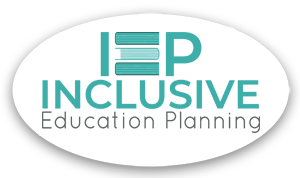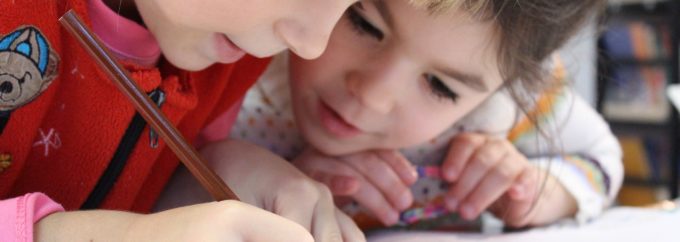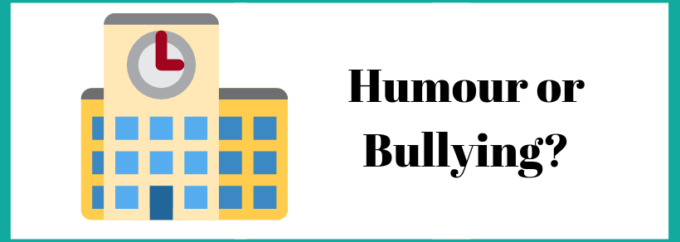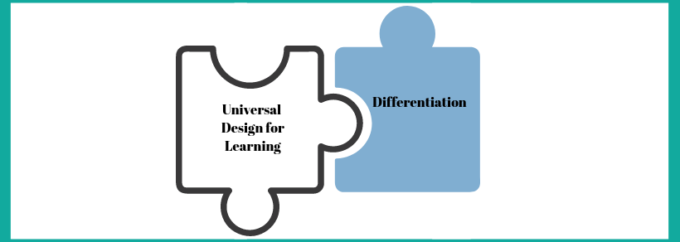
Research in the Classroom: Using Photo Analysis to Support Inclusion
The use of photos and videos is a well-established approach to data collection for research. Most teachers take photos and videos of their class once they have gained consent from parents and guardians. With little effort, photos and videos of everyday scenes from your classroom can be utilised as a





